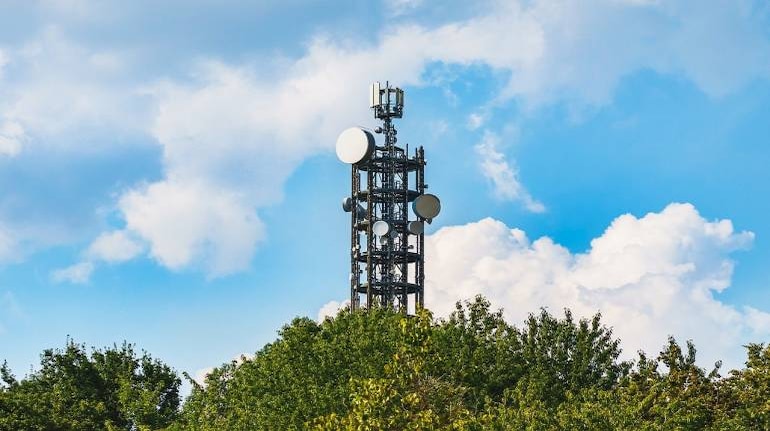



The Union government, on December 18, tabled the draft of the Indian Telecommunications Bill, 2023, which seeks to supersede the existing regulatory framework for the telecommunication sector, based on the Indian Telegraph Act, 1885, the Wireless Telegraphy Act (1933), and the Telegraph Wires (Unlawful Possession) Act (1950).
A quick read-through of the draft shows that the bill, when it gets enacted into law, will bring sweeping regulatory changes, such as an authorisation regime, clarity on the assignment of satellite spectrum and so on.
In the previous version of the bill, the ambit of the regulation also included over the top services such as WhatsApp or a Signal. However, in the bill that was tabled in the Parliament on October 18, OTT has not been included.
Let’s take a look at the India Telecommunications Bill (ITB), 2023, in detail.
Satellite spectrum allocation, not auction
In what can be seen as a major defeat for the Indian telecom companies which were lobbying the government for auctioning satellite spectrum for satellite-based internet communication, the government, in ITB 2023, has paved the way for allocation of such spectrum, as opposed to the auction.
If enacted, this will be a major win for Elon Musk’s Starlink, Amazon’s Kuiper and Bharti Airtel’s OneWeb.
It is important to note that the global norm for assigning satellite spectrum has been through administrative allocation rather than auctioning. That is because, unlike the terrestrial spectrum, the satellite spectrum is not bound by a nation's boundaries. Satellite spectrum is coordinated and managed by the United Nation’s International Telecommunications Union (ITU).
Protection of telecom network from cybersecurity attacks
Through the bill, the central government will be empowered to establish rules for the protection and assurance of cybersecurity in telecommunication networks and services.
The measures may encompass a range of actions such as the collection, analysis and dissemination of traffic data within telecommunication networks.
The central government will also have the authority to declare any telecommunication network or part thereof as "Critical Telecommunication Infrastructure." Such a declaration will be made through a notification in the Official Gazette. For Critical Telecommunication Infrastructure, the central government will establish rules governing standards, security practices, upgradation requirements, and procedures.
Biometric identification for SIM cards to be mandated
The new version of the bill includes a provision mandating biometric identification by telecom companies (telcos) before issuing SIM cards to consumers.
“Any authorised entity which provides such telecommunication services as may be notified by the central government shall identify the person to whom it provides telecommunication services through the use of any verifiable biometric-based identification as may be prescribed,” the bill says.
Protection from unwanted messages
The bill focuses on protecting users from unsolicited and potentially harmful messages.
It defines “specified message” as any message that offers, advertises, or promotes goods, services, interests in property etc.
Through the bill, the government can establish measures that would include empowering users to provide consent before receiving certain specified messages; establishing and maintaining do-not-disturb messages; and mechanisms for reporting any messages received in violation of this section.
What the bill says about interception
The bill, like the ones that it is going to supersede, gives wide-ranging surveillance powers to the government.
The ITB, 2023, gives power to the government to intercept “any message or class of messages to or from any person or class of persons”, and “disclose in intelligible format” to officers concerned in the cases of public emergency, in the interest of public safety and so on.
Authorisation requirement
Another significant feature of the proposed law is the authorisation requirement.
The bill says that only entities that have obtained “authorised requirement from the government” can provide telecommunication services. The government will formulate the rules and different terms and conditions for obtaining such authorisation later.
Procurement of equipment from trusted sources
The bill addresses the concept of "trusted sources" in the context of national security and protection.
In the interest of national security, friendly relations with foreign states, or during wartime, the central government is empowered to take measures related to telecommunication equipment and services.
Specifically, the government may issue directions regarding the procurement of telecommunication equipment and services only from "trusted sources."
The term "trusted sources" implies that the government can designate certain countries, entities, or individuals as reliable and secure providers of telecommunication equipment and services.
Blocking and taking control of network and internet
For national security, the bill empowers the government to take over “the control and management of or suspending the operation”, and entrust any authority of the central government to manage any telecommunication services.
Discover the latest Business News, Sensex, and Nifty updates. Obtain Personal Finance insights, tax queries, and expert opinions on Moneycontrol or download the Moneycontrol App to stay updated!